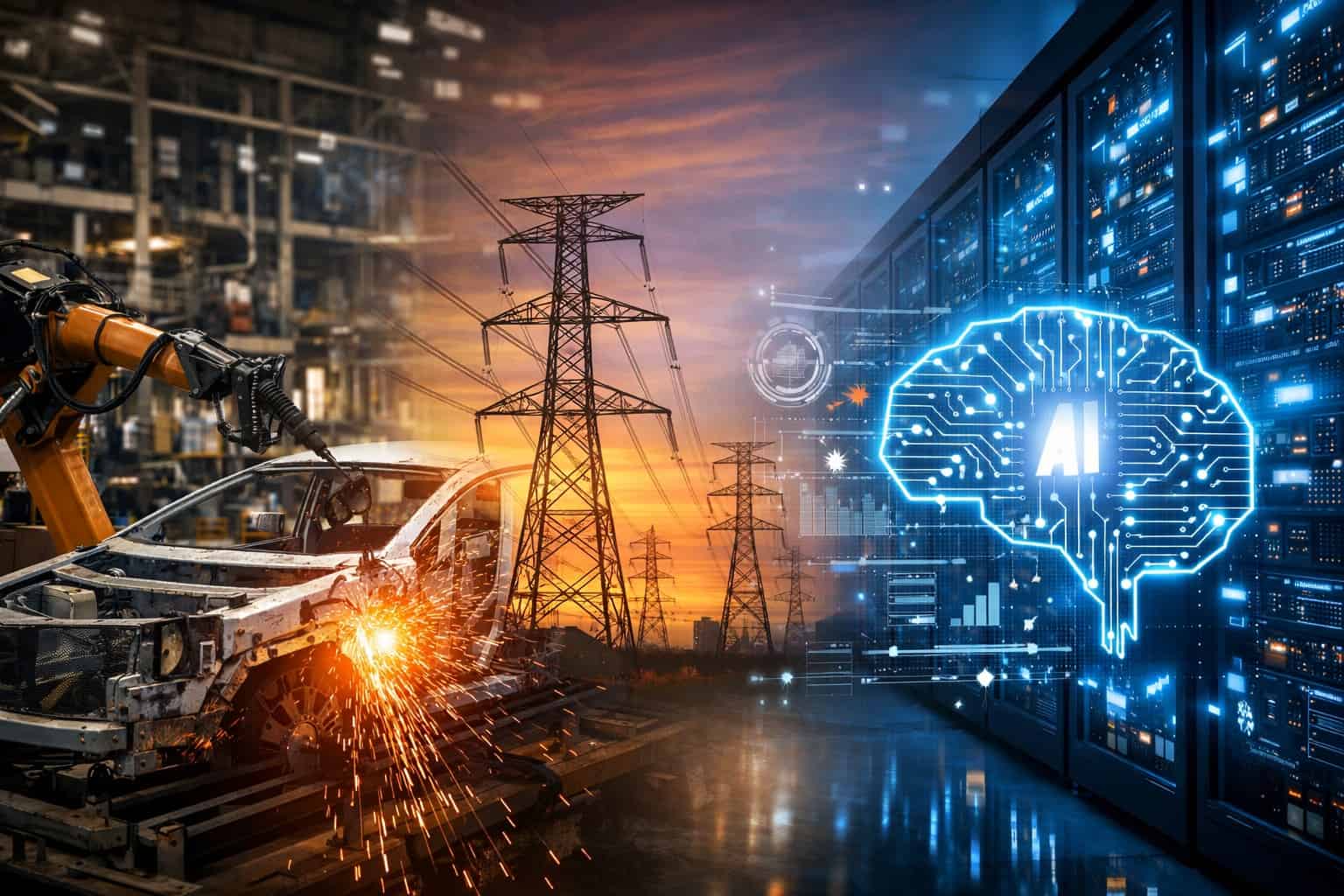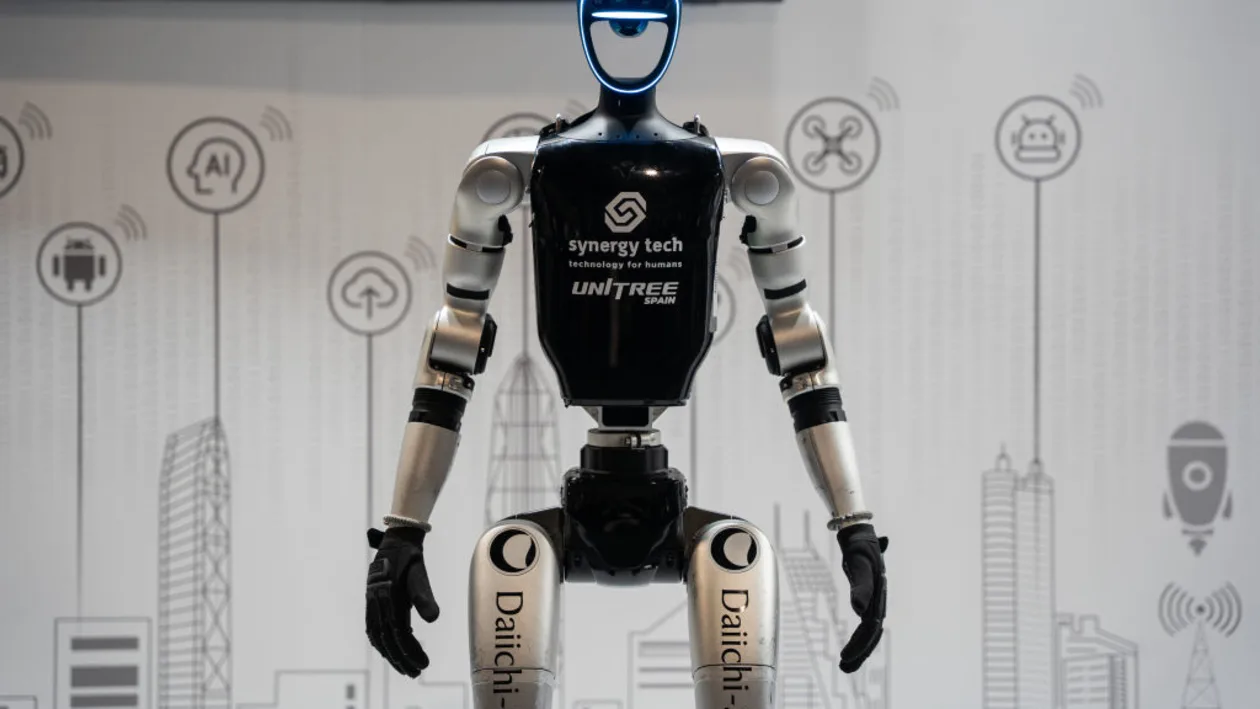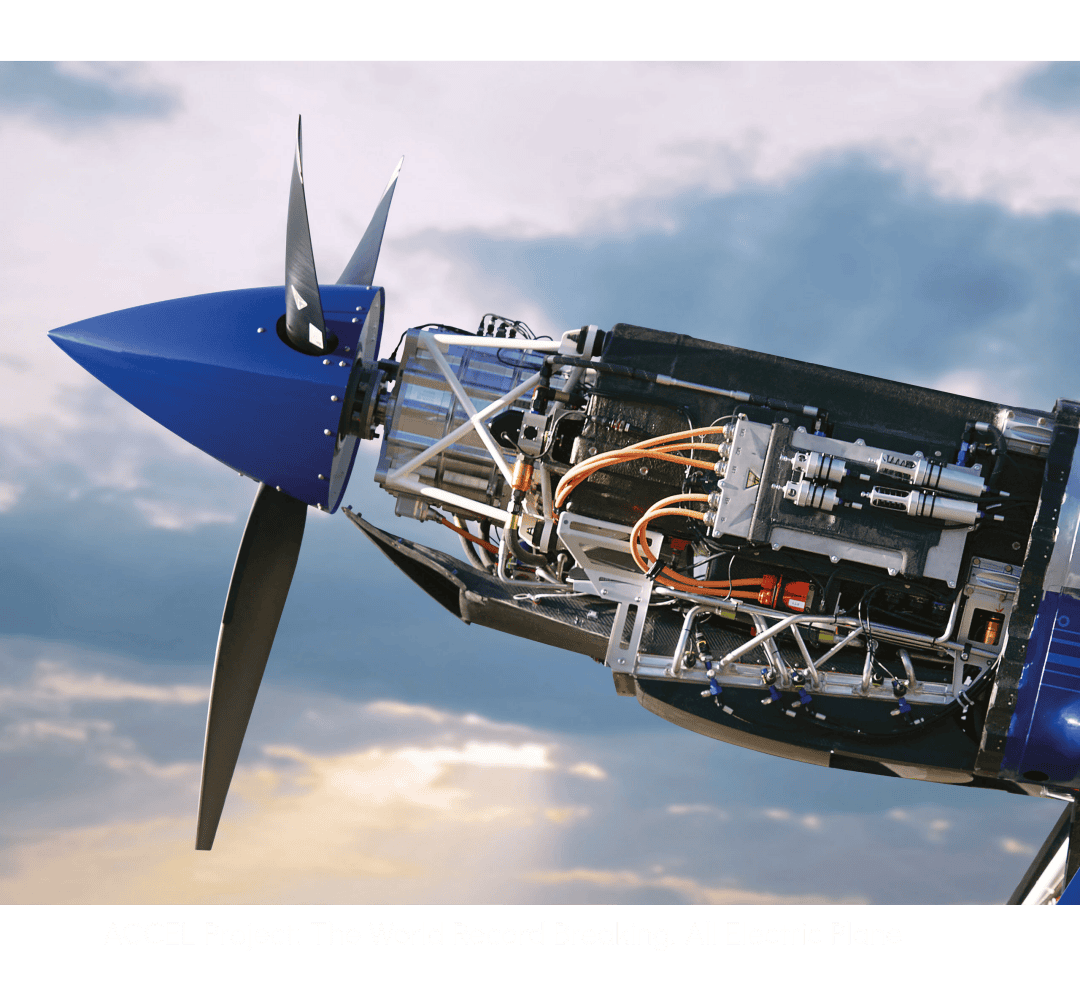LANSING — Governor Whitmer today announced Michigan will receive $18 million from the Department of Energy (DOE) to help small- and medium-sized automotive companies modernize their capabilities to manufacture electric vehicles.
1. Michigan Leads the Way in EV Supply Chain Development:
Michigan’s significant investment of over one-third of the $50 million grant program is a testament to its commitment to promoting a robust domestic electric vehicle (EV) supply chain.
This program was established in direct response to a proposal submitted by the Department of Labor & Economic Opportunity (LEO). As a result, highlighting the critical need for support for small and medium-sized auto suppliers.
By securing this funding, Michigan aims to:
- Diversify the EV supply chain: Develop a more self-sufficient domestic EV industry.
- Retain high-quality jobs: Protect and create well-paying employment opportunities.
- Meet climate goals: Align with the MI Healthy Climate Plan and support the Biden-Harris administration’s ambitious target of 50% electric vehicle sales by 2030.
This deliberate investment demonstrates Michigan’s leadership in driving the transition to a cleaner, more sustainable transportation future.
2. Governor Whitmer’s Statement About $18 Million DOE Grant:
“Michigan’s automotive companies of all sizes drive our economy and create good-paying, high-skilled jobs,” said Governor Whitmer.
“Thanks to Michigan’s leadership and the partnership of the Biden-Harris administration, this new grant program will support suppliers up and down the automotive supply chain, boost manufacturing, and create an economy where every family can thrive. Let’s keep working together to build the future and get things done.”
3. Benefits of EV Manufacturing by Michigan’s $18 Million Funding:
According to the Center for Automotive Research, over 1,000 independent automotive suppliers call the state home. To meet the growing demand for EVs, a significant portion of these suppliers, along with their workforce of over 45,000, will need to:
- Modernize their facilities
- Shift their production from internal combustion engine (ICE) vehicles to EVs or their components
The $18 million in funding will further position Michigan as a leader in clean energy jobs and manufacturing and ensure the state remains a leader in the automotive industry.
Key benefits of Michigan’s $18 Million Funding for EV manufacturing include:
- Job Creation and Retention
- Strengthening Michigan’s Automotive Leadership
- Promoting Clean Energy and Sustainability
- Supporting Small Businesses
- Aligning with National Goals
- Infrastructure Development
4. The Role of Small Suppliers in Michigan’s Automotive Industry:
“Under the leadership of the Biden-Harris Administration and Governor Whitmer, our state is prioritizing clean energy and creating pathways for good-paying jobs, a cleaner environment, and a stronger, more resilient infrastructure,” said Zachary Kolodin, chief infrastructure officer and director of the Michigan Infrastructure Office.
“Michigan is an automotive powerhouse and small suppliers are the engine of our success. We’re grateful to the Biden-Harris administration for recognizing these small businesses need support to fully participate in the growing EV sector.”
5. How Does the $18M DOE Grant Powers Michigan’s EV Industry Forward?
The DOE, along with the U.S. Department of Labor, has also designated Michigan as an EV Workforce Hub in partnership with LEO to ensure Michigan workers have equitable access to high-quality training, education, and services that provide a path to a good career without leaving their community.
“Ensuring Michiganders and businesses have the tools and resources they need to seize the good-paying clean energy jobs coming to Michigan is a top priority,” said LEO Senior Chief Deputy Director Jonathan Smith.
“We’re committed to working closely with the Biden-Harris Administration and our partners across the state to make this happen. By fostering collaboration and innovation, we can create equitable opportunities that not only strengthen our economy but also empower our communities to thrive in a cleaner, more sustainable future.”
6. Michigan Leads on Clean Energy Investments and Jobs:
Legislation Supporting Clean Energy:
- Bipartisan Infrastructure Law
- Inflation Reduction Act
- Governor Whitmer’s clean energy legislation
Opportunities for Michigan:
- Advancing a clean energy future
Economic Benefits:
- Growth of the middle class
- Creation of well-paying, in-demand manufacturing jobs
- Reintegration of supply chains
- Reduction of energy costs for families
7. How Michigan Will Use $18 Million to Enhance EV Manufacturing?
The state is actively taking steps to assist Michiganders in accessing federal funding and capitalizing on new, well-paying clean energy jobs. To this end, Governor Whitmer established the Community & Worker Economic Transition Office, which is situated within the Department of Labor and Economic Opportunity (LEO).
This office is tasked with developing proactive strategies that enable companies and residents to fully benefit from the influx of high-tech, high-paying jobs coming to Michigan.
In addition, the Governor has initiated mobility-focused workforces and talent programs, such as the EV Jobs Academy and the Mobility Talent Action Team. These initiatives aim to prepare Michigan’s workforce for the future of electric vehicle and component manufacturing jobs.
Furthermore, Governor Whitmer has led several public-private partnerships, including:
- REV-Midwest: A five-state regional electric vehicle charging network.
- Lake Michigan Circuit: An electric vehicle route around Lake Michigan, equipped with charging stations in state parks.
- CAVNUE: A corridor for autonomous vehicle testing and a road that wirelessly charges electric vehicles while they are in motion.
MEMA Executive Statement:
“Michigan has been a leader in addressing the needs of small suppliers, recognizing the vital role they play in the growth and sustainability of our economy,” said the Motor & Equipment Manufacturers Association (MEMA), The Vehicle Suppliers Association Executive Vice President of Government Affairs Ann Wilson.
“The state’s commitment to fostering innovation and supporting our industry is unparalleled and we are fortunate to have Governor Whitmer and her team as a champion for our industry, advocating for policies that support high-paying jobs. Together, we are paving the way for a thriving industry that will benefit generations to come.”
8. Michigan Growth Driven by EV Modernization and Renewable Energy Expansion:
A recent report from Climate Power highlights that Michigan remains a national leader in clean energy and electric vehicle manufacturing. According to the 2023 Clean Jobs America Report, clean energy businesses in Michigan added over 5,400 workers in 2022. As a result, bringing the total employment in this sector to 123,983 Michiganders.
Furthermore, the World Resources Institute predicts that by 2040, the state could generate an additional 41,000 jobs. As it continues to advance electric vehicle manufacturing and expand renewable energy sources, such as solar and wind.
Final Thoughts:
In conclusion, Michigan’s receipt of $18 million from DOE to modernize EV manufacturing marks a significant step towards bolstering its clean energy sector. This investment not only supports job creation and retention but also aligns with broader national goals for sustainable transportation. Hence positioning Michigan as a forerunner in the electric vehicle industry.
To learn more about the latest industry news and updates visit MITechnews.com.
FAQs:
What programs are being implemented to support the transition to electric vehicles?
Governor Whitmer has launched programs like the EV Jobs Academy and the Mobility Talent Action Team. This to prepare the workforce for future electric vehicle manufacturing jobs.
What role do small suppliers play in Michigan’s automotive industry?
Small suppliers are crucial to Michigan’s automotive ecosystem, with over 1,000 independent suppliers contributing to the manufacturing and innovation of electric vehicles.
What is the Community & Worker Economic Transition Office?
This office is created by Governor Whitmer. It focuses on developing strategies that help companies and workers benefit from emerging clean energy jobs and technologies.






